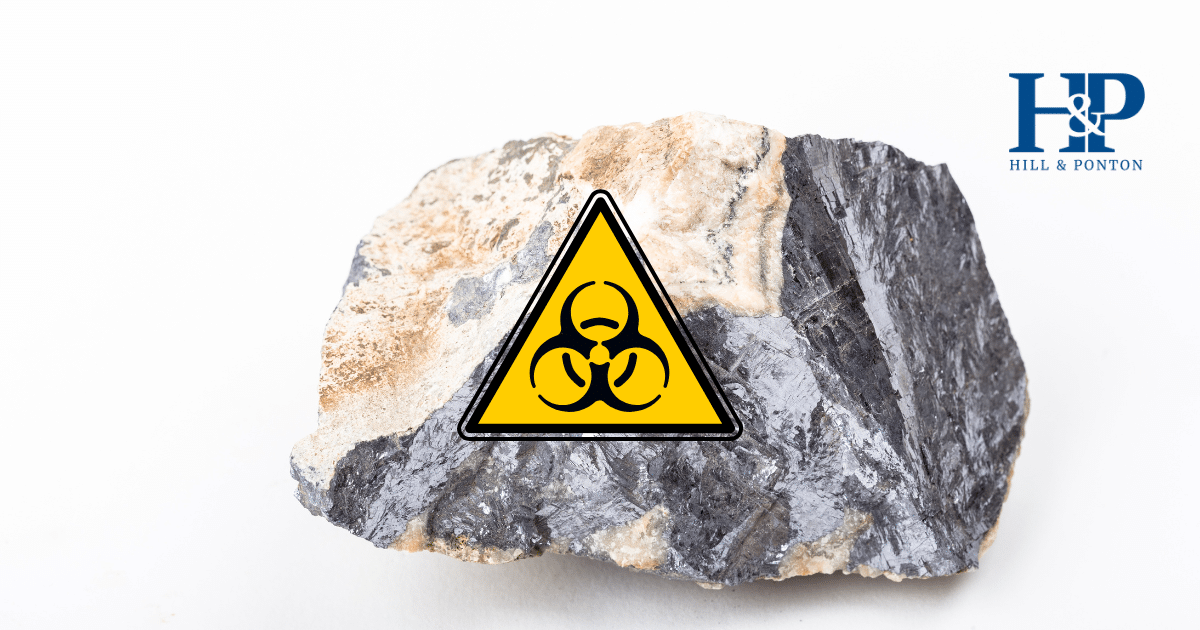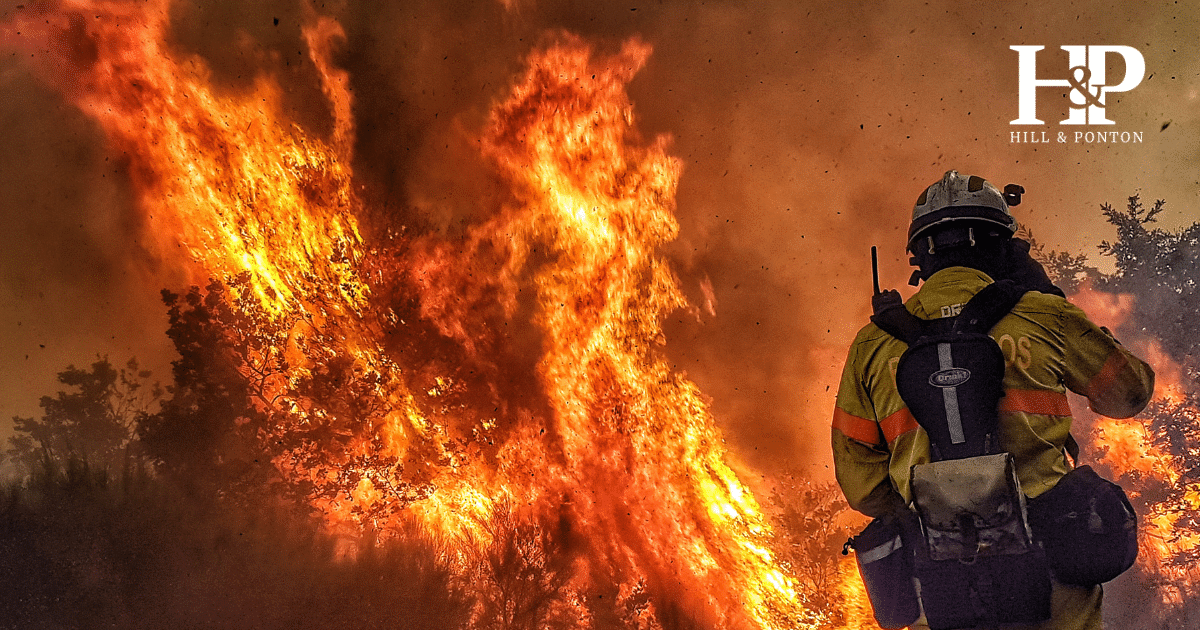Since Vietnam veterans began returning from their military assignments overseas, we have found a wide spectrum of diseases and conditions that have been caused by chemical exposures. The most well-known and researched is Agent Orange. And it has also been found that contaminated water supply systems, such as at Camp Lejeune, has caused similar health problems as well. This post discusses kidney cancer and how to establish service-connection between chemical exposures and kidney cancer.
What It Is
Renal cell carcinoma is the most common type of kidney cancer in adults. Many times, there are no warning signs or early symptoms of this disease, which makes kidney cancer difficult to diagnose early on. Once kidney cancer has been diagnosed, tests are done (called staging) to determine whether or not the cancer has spread to other parts of the body (called metastasis). Cancer spreads to other parts of the body by blood, tissue, or lymph nodes.
There are several signs and symptoms of kidney cancer:
- Weight loss
- Fever
- Hypertension
- Hypercalcemia
- Night sweats
- Malaise
Kidney cancer has four main stages:
Stage I— the tumor is 7 centimeters or smaller and is found only in the kidney.
Stage II—the tumor is larger than 7 centimeters and is found only in the kidney.
Stage III—
- the tumor is any size and cancer is found only in the kidney and in 1 or more nearby lymph nodes; or
- cancer is found in the main blood vessels of the kidney or in the layer of fatty tissue around the kidney. Cancer may be found in 1 or more nearby lymph nodes.
Stage IV—cancer has spread:
- beyond the layer of fatty tissue around the kidney and may be found in the adrenal gland above the kidney with cancer, or in nearby lymph nodes; or
- to other organs, such as the lungs, liver, bones, or brain, and may have spread to lymph nodes.
Causes
Kidney cancer can be caused by a number of environmental and genetic factors. For the purposes of this blog post, we will focus on the environmental factors. Such factors include:
- smoking
- sustained misuse of over-the-counter NSAIDS
- occupational exposure to certain chemicals
Chemicals that have been found to be high risks for kidney cancer include trichloroethylene (TCE), benzene, benzidine, cadmium, herbicides, and vinyl chloride.
Agent Orange Exposure
Agent Orange, an herbicide used in Vietnam under Operation Ranch Hand, contained an extremely toxic byproduct: 2,3,7,8-tetrachlorodibenzodioxin (TCDD), which was later discovered to be carcinogenic in humans. TCDD has been described as “perhaps the most toxic molecule ever synthesized by man. Prolonged exposure to this dioxin resulted in serious health problems.
The VA has recognized certain diseases as having been caused by exposure to Agent Orange, and will grant presumptive service-connection for these diseases as long as the veteran can prove that he/she was in Vietnam between 1962 and May of 1975. However, renal cell carcinoma is not on this list. Therefore, in order to win these kinds of cases with the VA, it would be profitable to obtain a medical expert’s opinion that the kidney cancer was as likely as not caused by exposure to Agent Orange.
In the early 1980s, it was discovered that two on-base water supply systems at the Marine Corps Base in Lejeune, NC, were contaminated by TCE (a metal degreaser) and PCE (a dry cleaning agent). Other compounds such as benzene and vinyl chloride were also contaminating the water supply. These water supplies were contaminated between August of 1953 and December of 1987.
In order to consider a claim for service-connection for a disease caused by contaminated water, the VA requires proof that the veteran was stationed at Camp Lejeune between the dates that the water was contaminated. The VA also requires a medical opinion that the disease was as likely as not caused by the contaminated drinking water.



